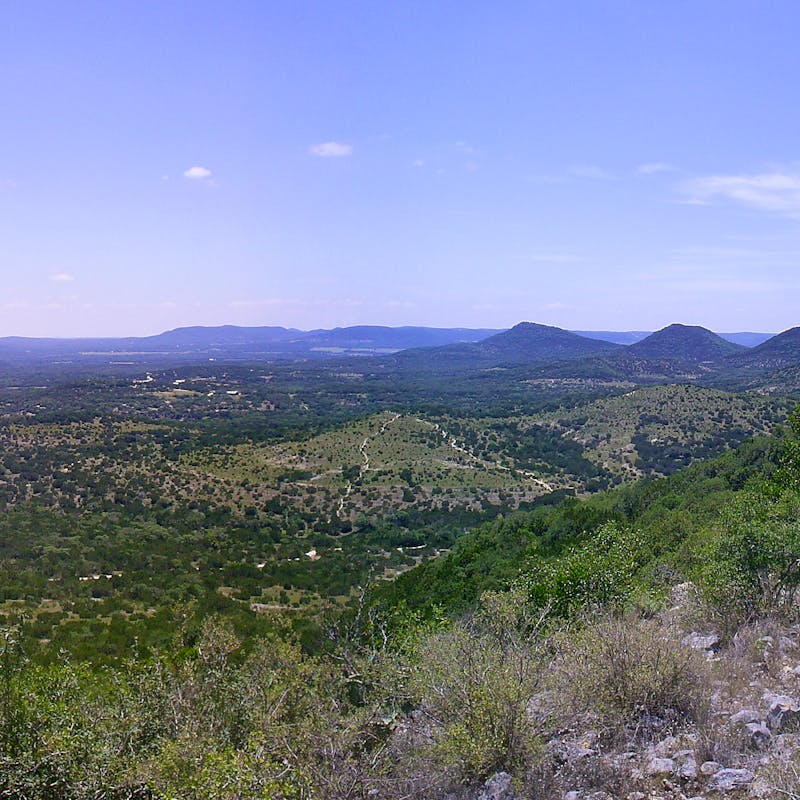Not too long ago, experimental rocketry became synonymous with a small but ecologically vital site nestled against the Texas coast where the Rio Grande meets the Gulf of Mexico.
This place is called Boca Chica. It is a small area with an outsized diversity of habitats and wildlife. Boca Chica is surrounded by a federal wildlife refuge and state park lands that host hundreds of unique species. It is also immensely valuable to the communities who reside there; it is a sacred place for the Carrizo Comecrudo Tribe and is well known to locals as "the people’s beach.”
In 2015, Boca Chica got a new resident: Starbase, a testing and launch facility operated by SpaceX, a private company with a mission for humans to become “a multi-planetary species.”
At Defenders of Wildlife, we believe that the pursuit of space exploration should not come with the destruction of our home planet. This is why our field experts keep a close eye on the fragile habitats and wildlife impacted by SpaceX’s activities while they pursue their mission to colonize Mars as a “Plan(et) B.”
SpaceX’s Threat to Ecology of the Ocelot Coastal Corridor
In 2018, SpaceX CEO Elon Musk said in a press conference that experimental rocket explosions at Boca Chica were not a big deal, because “We've got a lot of land with nobody around, and so if it blows up, it's cool."
Of course, we know, that’s not the case.
Boca Chica is a hemispheric meeting place of terrestrial, coastal and marine environments where neotropical and North American central plains wildlife and plant communities mingle. It is also a site critical for migrating birds from multiple flyways spanning the Americas.
Experimental activities at Starbase also threaten to undo the decade of work led by the U.S. Fish and Wildlife Service to create an “Ocelot Coastal Corridor,” which preserves habitat connectivity for a unique ecology of rare and endangered species, including the ocelot as well as the aplomado falcon, Texas tortoise and Kemp’s Ridley sea turtle and at least 7 other species protected under the Endangered Species Act. The coastal environments and wetlands of Boca Chica are of immeasurable value to wildlife. Already, these protected areas have been impacted by falling debris and wildfires caused by explosions and crashes at the launch site.
Destroying the Earth on the Way to Mars
In 2012, Elon Musk, founder and CEO of SpaceX, began eyeing Boca Chica for his experimental facility. At the time, SpaceX told the Federal Aviation Administration that the site would be solely used for individual monthly launches of the Falcon 9 and Falcon Heavy rockets.
By 2019, the project was a major experimental site for the Starship rocket, the most powerful rocket to ever launch from Earth. The expansion was not included in the original environmental review and shockingly did not trigger an in-depth environmental impact statement.
Rapid development of SpaceX Starbase in Boca Chica poses an existential threat to rare and endangered wildlife native to South Texas. We are deeply concerned about the ongoing environmental impacts of SpaceX’s operations. These include:
- Documented habitat destruction
- Wildfires
- Unprecedented noise and vibration
- Documented destruction of bird nests
- Contamination of air and water
SpaceX’s activity continues to escalate quickly at the site, building towards the dream of launching powerful rockets ultimately at a daily cadence.
Holding SpaceX Accountable
In September 2022, a test launch scorched 68 acres of land Lower Rio Grande National Wildlife Refuge. In April 2023, SpaceX launched what was meant to be the world’s most powerful rocket (Starship and Super Heavy rocket), which exploded on the launch pad at Boca Chica, jettisoning flaming heavy debris into sensitive wetlands.
These horrific impacts of Starbase’s experimental activity will only increase. While the FAA continues to assess SpaceX’s environmental impact, Defenders and other organizations are calling for a full, evidence-based environmental review.
Saving Space for Wildlife
Defenders’ “Saving Space for Wildlife” campaign advocates for wildlife facing unique challenges in South Texas. Defenders will continue our work as a leading voice for threatened wildlife and lands in this place. We work alongside local communities, particularly underrepresented constituencies, to ensure their concerns are represented.
Experimental activity of this magnitude has no place in South Texas, where rare and threatened plants and animals cling to survival. SpaceX intends to increase testing at Starbase in Boca Chica, with facility expansions that would support super-heavy rocket experiments.









